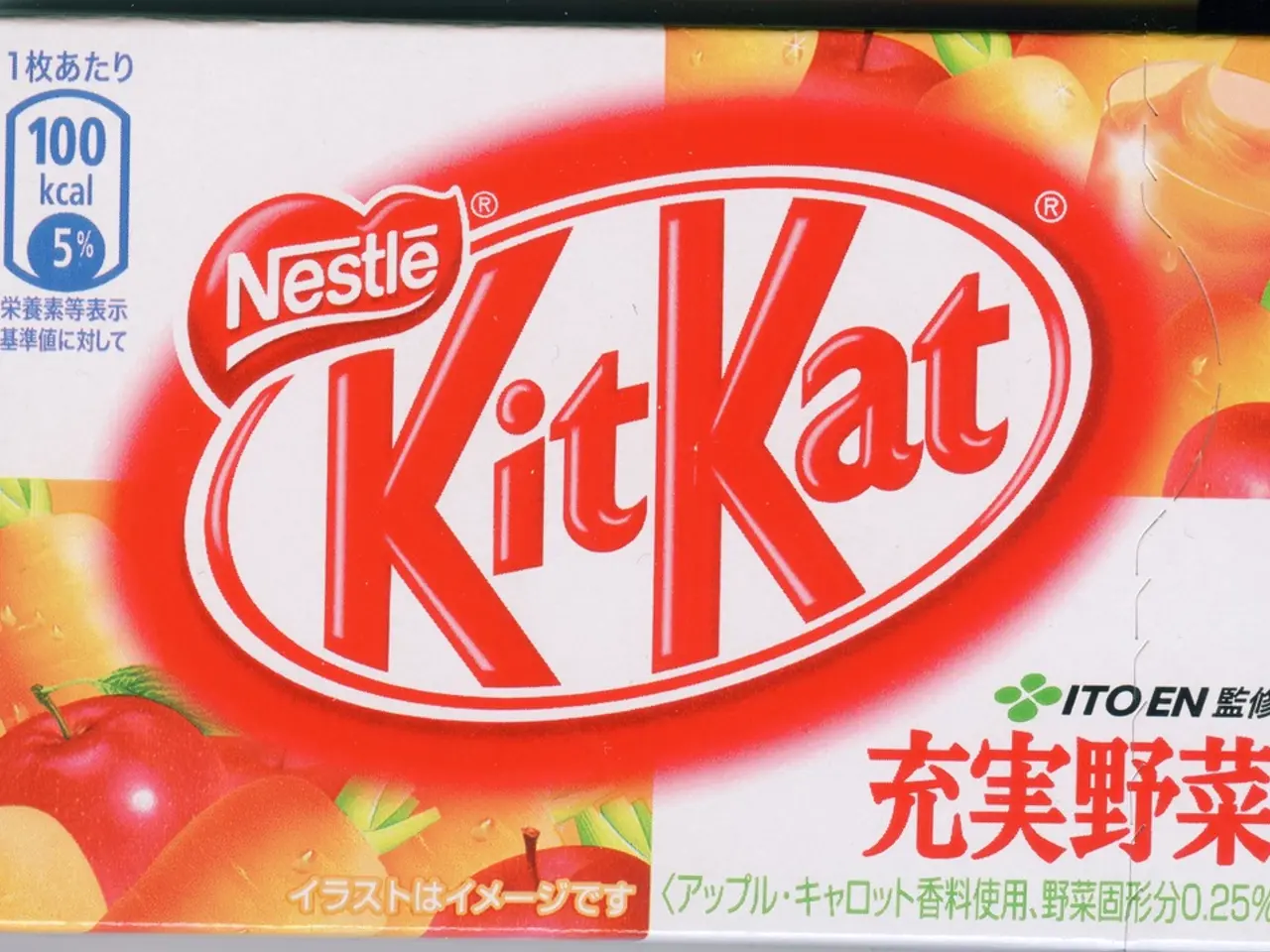Diabetes Diet with Low Carbs: A Plan and Meal Ideas for Management
A low-carb diet, when carefully planned, can be an effective strategy for managing diabetes. This diet, which restricts the intake of carbohydrates, can help stabilise blood glucose levels and counteract some effects of diabetes, such as weight gain and heart disease.
For those considering a low-carb diet, it's essential to focus on foods that help manage blood sugar levels effectively while minimising the intake of high-carb foods. Here’s a guide on recommended foods to include and avoid:
**Recommended Foods**
1. **Protein Sources**: Include beef, chicken, turkey, lamb, pork, and fatty fish like salmon or mackerel. 2. **Vegetables**: Non-starchy vegetables are low in carbs and are very diabetes-friendly. Examples include leafy greens, bell peppers, and broccoli. 3. **Full-Fat Dairy Products**: These are suitable for a low-carb diet, providing essential fats and proteins. 4. **Natural Fats**: Include sources like olive oil, avocado, and nuts in moderation. 5. **Berries**: Limit to one-half cup per day, as they have a natural sweetness but low glycemic load. 6. **Nuts and Seeds**: Almonds, Brazil nuts, hazelnuts, chia seeds, flaxseeds, and pumpkin seeds are good choices when consumed in moderation.
**Foods to Avoid**
1. **High-Carb Foods**: White bread, pasta, rice, and potatoes can cause blood sugar spikes. 2. **Sugary Foods**: Avoid cakes, cookies, ice cream, and other sweets. 3. **Processed Foods**: Limit or avoid packaged and fast foods, as they often contain added sugars and refined carbohydrates. 4. **High-Starch Vegetables**: Limit foods like corn, peas, and butternut squash due to their high carb content. 5. **Fried Foods**: Avoid fried chicken, onion rings, and other fried foods due to their high calorie and carb content. 6. **Condiments with Added Sugar**: Avoid ketchup, barbecue sauce, and sweet salad dressings.
It's important to note that a low-carb diet should consist of whole, unprocessed foods. Unhealthy low-carb diets, such as those consisting of fried, fatty meats, can be harmful to a person's health.
Always consult with a healthcare provider or dietitian to tailor the diet to individual needs. The carb intake for people with diabetes varies based on factors like activity level, weight, health goals, etc. A low-carb diet can be an effective strategy for managing diabetes, especially for those who may be able to avoid medication.
Moreover, a low-carb diet may lead to more energy, lower average blood glucose levels, reduced food cravings, and decreased risk of hypoglycemia. It's also worth noting that low-carb diets may lower cholesterol levels. However, for people with insulin resistance, blood glucose may remain elevated for hours after eating carbs.
In conclusion, a well-planned low-carb diet can be a beneficial tool for managing diabetes. Always consult with a healthcare professional to ensure a diet is suitable and tailored to individual needs.
- A low-carb diet, rich in protein sources like beef, chicken, turkey, and salmon, can aid in weightloss and managing diabetes.
- The careful inclusion of non-starchy vegetables, such as leafy greens and bell peppers, in the diet can help manage blood sugar levels effectively.
- Low-carb diets can reduce the risk of heart disease by stabilising blood glucose levels and counteracting weight gain, issues often associated with diabetes.
- Full-fat dairy products, like cream and cheese, can be beneficial additions to a carefully planned low-carb diet.
- Olive oil, avocados, and nuts, consumed in moderation, provide natural fats beneficial for a low-carb diet.
- Limiting berries to half a cup per day, due to their natural sweetness and low glycemic load, is advisable when following a low-carb diet.
- Almonds, Brazil nuts, hazelnuts, chia seeds, flaxseeds, and pumpkin seeds are nutritious choices when consumed in moderation on a low-carb diet.
- Avoiding high-carb foods, like white bread, pasta, rice, and potatoes, can help prevent blood sugar spikes in diabetes management.
- Cutting down on sugary foods, such as cakes, cookies, and ice cream, is essential for those following a low-carb diet to manage diabetes.
- To predict the success and safety of a low-carb diet for managing diabetes, it's recommended to consult with a nutritionist or healthcare provider to tailor the diet to individual needs, taking into account other medical-conditions, such as asthma, cancer, and obesity, and other nutrition requirements, like overall health-and-wellness.







